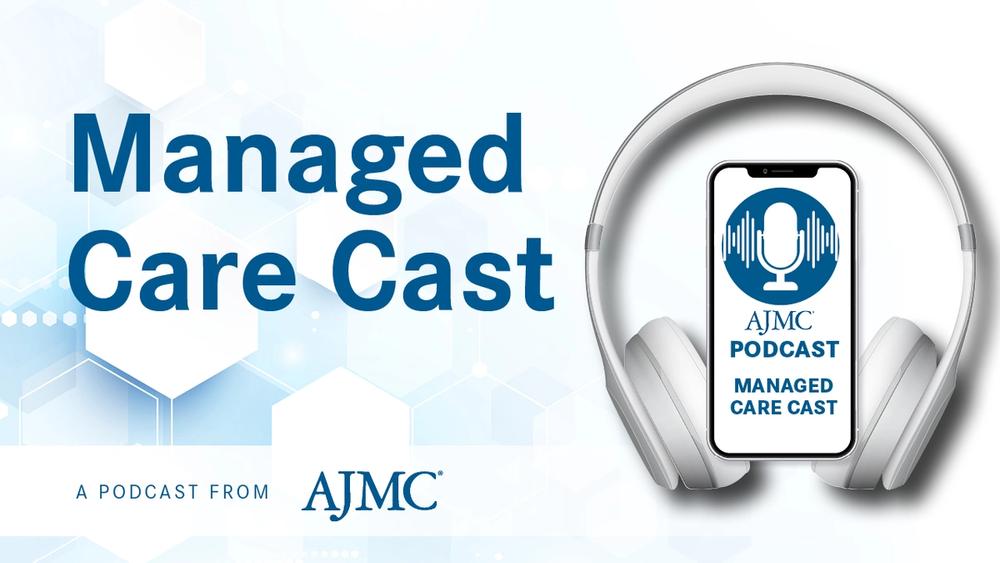Video
Dr Steven Adelsheim: Special Considerations When Treating Young People With Psychosis
Providers who treat young people with psychosis must navigate a host of issues unique to this population, including confidentiality and consent rules, the role of the family, and support from schools, according to Steven Adelsheim, MD, clinical professor of psychiatry and behavioral sciences, Stanford University School of Medicine.
Providers who treat young people with psychosis must navigate a host of issues unique to this population, including confidentiality and consent rules, the role of the family, and support from schools, according to Steven Adelsheim, MD, clinical professor of psychiatry and behavioral sciences, Stanford University School of Medicine.
Transcript
What are the special considerations for working with adolescents with psychosis as opposed to adults?
Some of the special issues for adolescents really include things like informed consent and confidentiality; different states have different rules about when young people can engage in their own treatment, per se. There are also issues around interfacing with families in terms of, how do we support that young [person] that is really developing and moving towards independence, to be able to get the support they feel they need around their own symptoms in a positive and supportive way, while also recognizing they’re usually living within some kind of identified family unit that also is very concerned and worried about them and wants to also guide their care. So negotiating those issues around the early treatment, where that young person can feel like they have a voice in their own care while also reassuring and working with their families, and dealing with actually the communication issues become very critical in terms of that support.
One other area that’s really important is around schools and secondary schools. For young people with a psychotic illness, it becomes very important to be able to deal with their schools, whether it’s around special education support or section 504 to have accommodations in classroom settings, are also really unique issues in supporting adolescents with psychotic illness.

The Importance of Examining and Preventing Atrial Fibrillation




